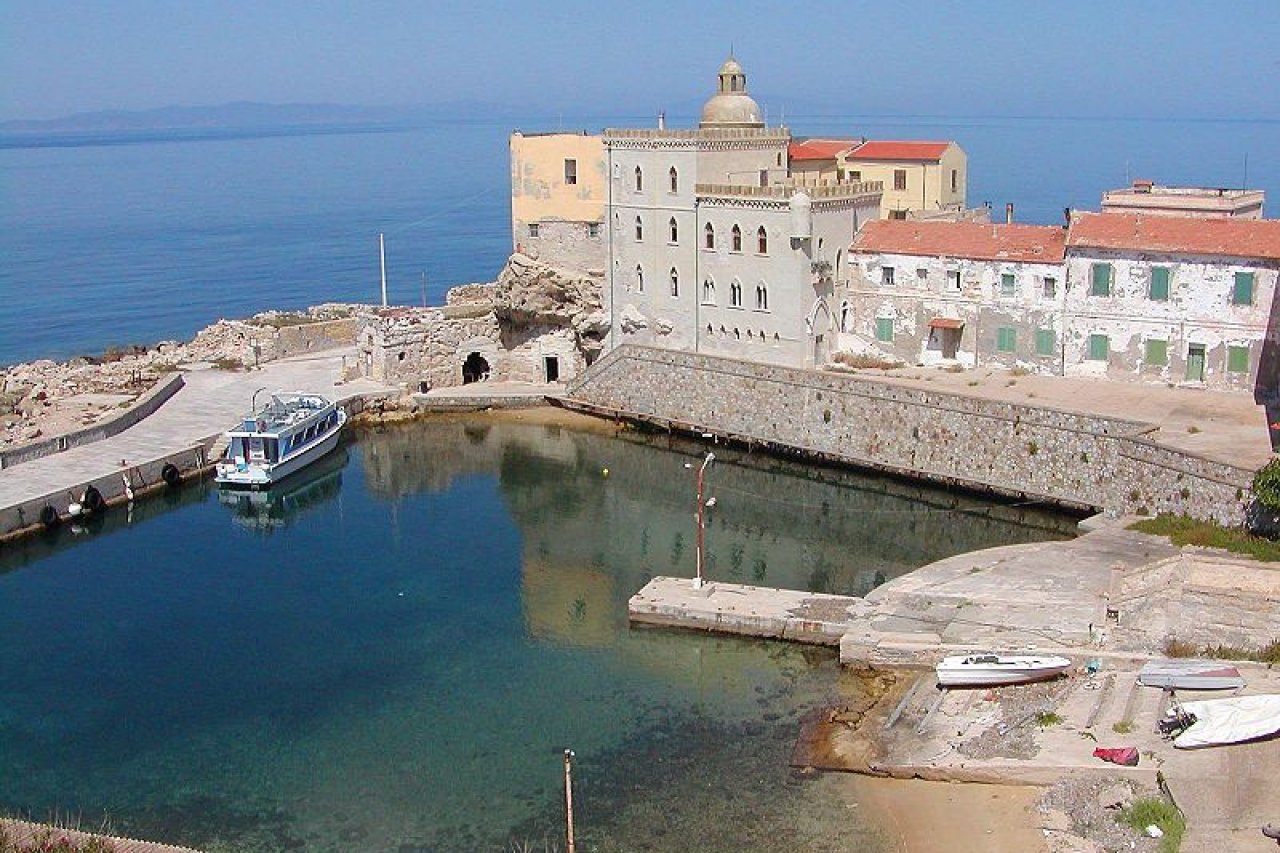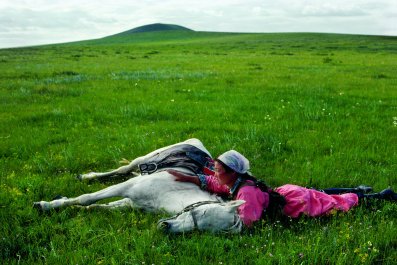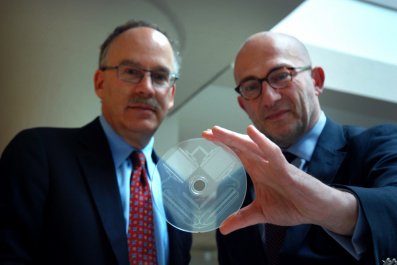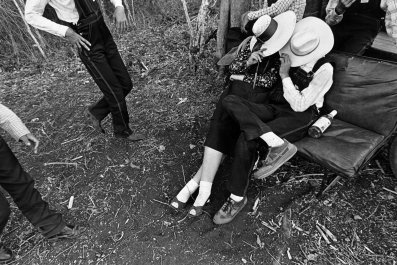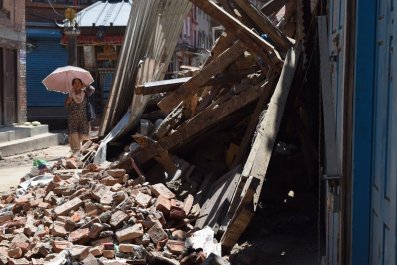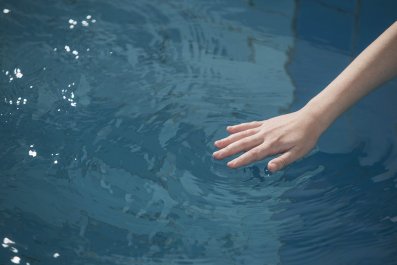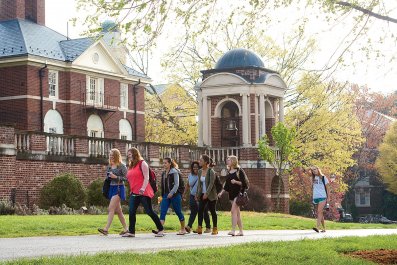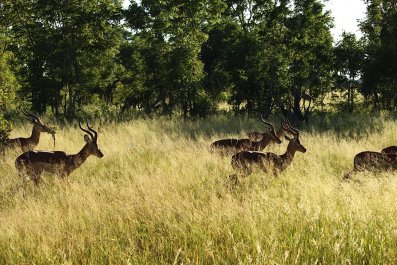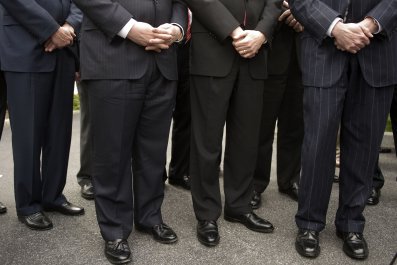The prison island of Pianosa, part of the Tuscan archipelago, is a topsy-turvy Alcatraz. Prisoners want to escape to here, not flee from it. Fresh air, nature and occasional skinny-dipping make them feel free even if, legally, they aren't. And then there are the tourists, who flock here in search of a detox break "behind bars".
Twenty supervised convicts run the visitors' facilities, which extend to an 11-room hotel, a beach bar and restaurant. Along with local guides, they take the tourists trekking, mountain-biking, kayaking, snorkelling, bird-watching and hunting for butterflies. For centuries dubbed the "Devil's Island" for the thousands of outlaws who perished here, today Pianosa is a successful example of how justice in Italy can be unusual, as well as efficient, in rehabilitating offenders.
"The first time prisoners land here and go for a swim, they're scared to drown. They're so overwhelmed by the newfound freedom and peace that they cry and break down," says Giulia Manca, not a prisoner but a contagiously enthusiastic civilian who has dedicated her life to Pianosa's rehab mission.
"It's another world," she says, "one offering an unplugged vacation: there's no internet." Mobile phones don't work much either. The hotel, an 18th-century villa with frescoed walls and ceiling, has no TV or phones. "Who cares?" says Manca. "We don't want to be connected."
Indeed, Pianosa is a kind of paradise. The island is shaped like a T-bone steak, one part covered in cypresses and junipers while the other is barren but for a few wild orchids. The harbour is Roman and ancient catacombs lie beneath the crumbling buildings of an abandoned village. Bars, shops, even the post office and drugstore are shut; there's no bank nor ATM; cars and motorbikes are banned. Silence rules.
If you hike up to the atoll's highest point, you reach a collapsed cell where tubercular prisoners were kept in quarantine. The view stretches across the fluorescently blue sea to the mountains of Corsica.
Bathing in that water is allowed at Cala Giovanna, a long powder-white beach dotted with shells and fossils. I dip my mask under and spot cuttlefish and baby groupers.
Since Pianosa is also a protected marine park, scuba diving is allowed only in certain areas and permits are limited. But after dinner, in the harbour, huge shimmering barracudas come together to dance, whirling in figures of eight until my own head spins.
Night-time here is special. Forget light pollution. It's like being inside a vast planetarium from whose dome fall stars. And these evenings are good for socialising with the inmates, who work as waiters, dish-washers, gardeners and cooks – and make souvenirs for tourists out of driftwood. On neighbouring Gorgona, named after the snake-headed Medusa and Italy's only other prison island, the inmates make great wine and cheese.
But how is it to holiday with convicts? Is there any reason to be scared? Franco, the restaurant manager who loves making funny dishes such as "Spaghetti Behind Bars", is one of them. He looks a little rough but he's friendly.
He was convicted for murder and tells me Pianosa changed his life. "I've been coming here for the past 10 years. There are no bars and I'm in contact with nature and people. I know I'm lucky for the freedom I get, and I'm learning a new job that will help me get back into society."
Pianosa has a redemptive power on visitors as well. "When our clients leave they cry, hugging the prisoners. Some stay weeks and even celebrate their wedding here or New Year's Eve," says Manca. Better start booking now: rooms are limited and one day isn't enough to fully enjoy a life of incarceration.



